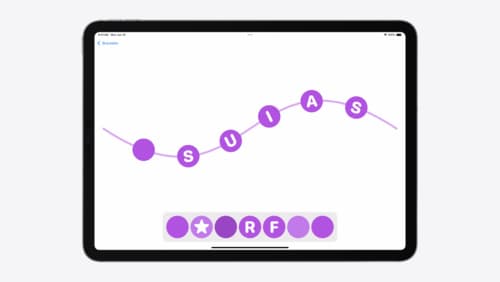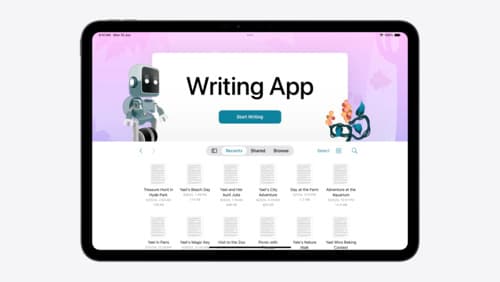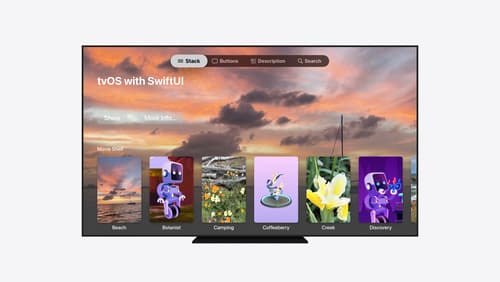swiftui view init
Asked on 2025-03-03
1 search
In SwiftUI, views are the fundamental building blocks of user interfaces. They are defined using a declarative syntax, which means you describe what you want the UI to look like, and SwiftUI takes care of rendering it. SwiftUI views are value types, typically defined using structs, and they are compositional and state-driven.
When initializing a SwiftUI view, you often use a view builder, which allows you to construct the content of the view using a trailing closure syntax. This is particularly useful for creating complex UI hierarchies in a concise and readable manner. For example, you can use a List initializer with a collection parameter to create a ForEach view, which generates views for each element in a collection.
For more detailed information on SwiftUI view initialization, you can refer to the SwiftUI essentials session, which covers the fundamentals of views and their declarative nature.

Enhance your UI animations and transitions
Explore how to adopt the zoom transition in navigation and presentations to increase the sense of continuity in your app, and learn how to animate UIKit views with SwiftUI animations to make it easier to build animations that feel continuous.

Evolve your document launch experience
Make your document-based app stand out, and bring its unique identity into focus with the new document launch experience. Learn how to leverage the new API to customize the first screen people see when they launch your app. Utilize the new system-provided design, and amend it with custom actions, delightful decorative views, and impressive animations.

Migrate your TVML app to SwiftUI
SwiftUI helps you build great apps on all Apple platforms and is the preferred toolkit for bringing your content into the living room with tvOS 18. Learn how to use SwiftUI to create familiar layouts and controls from TVMLKit, and get tips and best practices.
